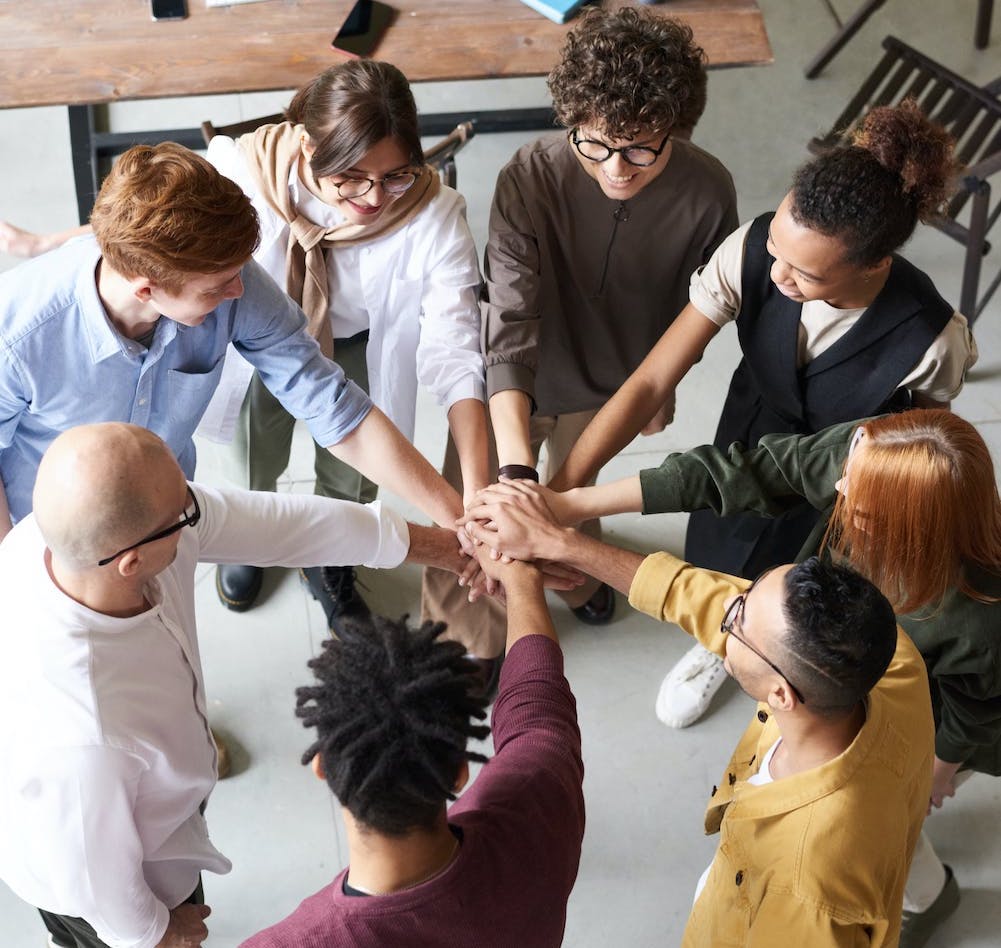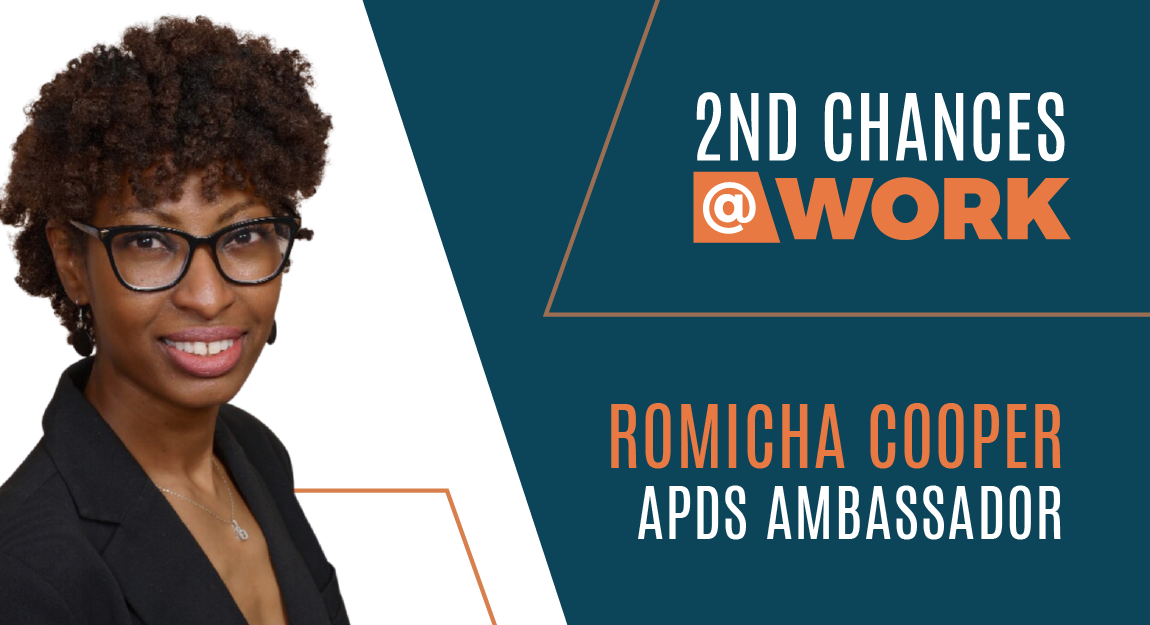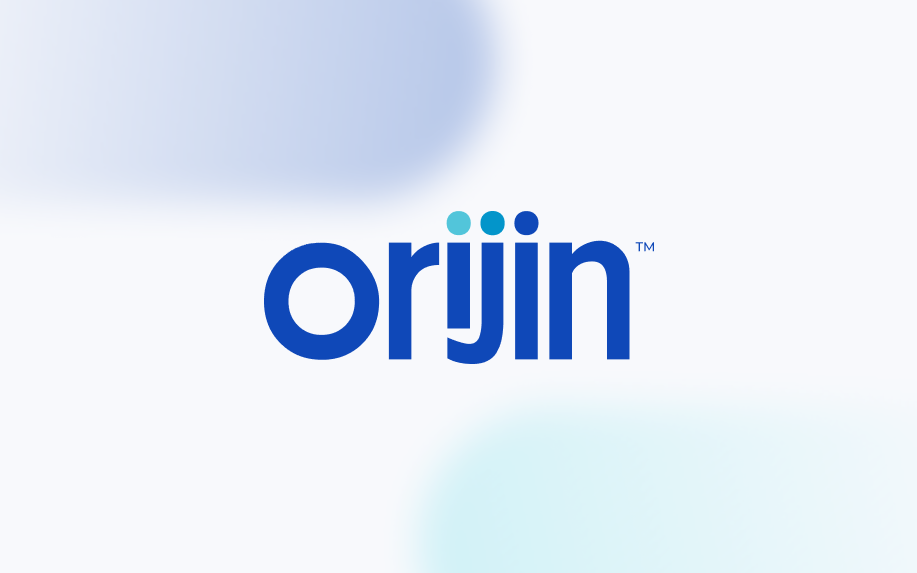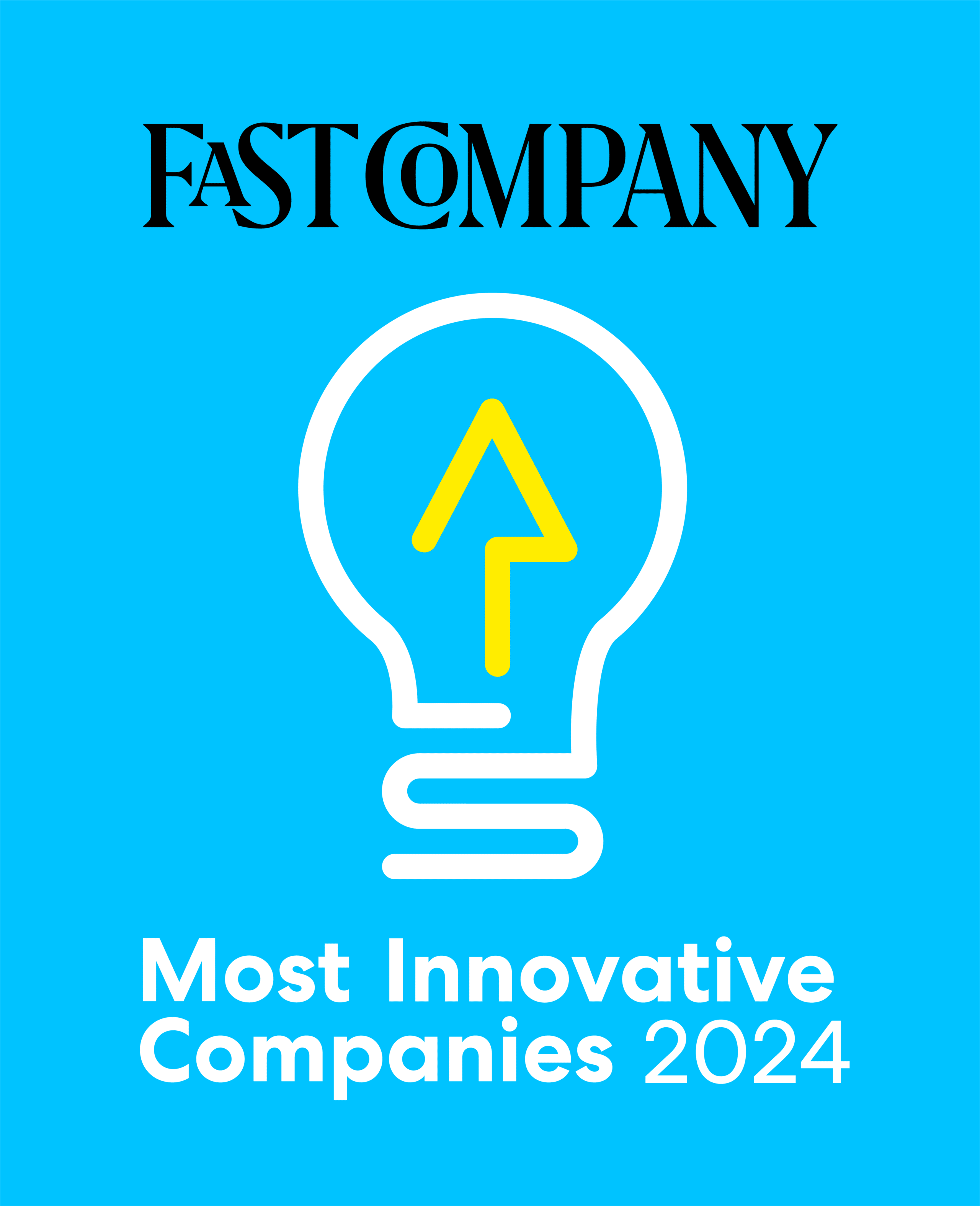As a Human Resource professional, implementing the best practices in hiring and addressing the skills gap for fair chance employment is of paramount importance.
I believe fair chance employment provides opportunities for justice-impacted men and women with a criminal record, giving them a second chance to rebuild their lives and contribute positively to society.
I understand the impact of collateral consequences on individuals who are justice-involved. Felony convictions can result in barriers to gaining meaningful employment, education, housing and other basic human needs that are essential to re-enter the workforce successfully. Second Chance hiring helps mitigate those barriers, and is essential as a best practice to promote an equitable workforce.

Here are a few crucial reasons why 2nd Chances at Work matters from a human resources point of view:
- By considering candidates with a felony record, HR departments can access a wider talent pool that may have been previously overlooked. This inclusion promotes diversity, bringing in unique perspectives, experiences, and skills that can enhance the overall organizational culture and performance.
- Many individuals with a felony record face significant barriers to employment, including limited access to education and job opportunities. By offering fair chance employment, HR teams can help bridge the skills gap by providing training, mentorship, and support to these individuals. This not only benefits the individuals themselves but also addresses the larger societal issue of reintegration and reducing recidivism.
- Implementing second chance employment practices demonstrates a commitment to fostering an empathetic and inclusive work environment. It sends a message that the organization values second chances, personal growth, and rehabilitation. This can have a positive impact on employee morale, engagement, and retention, as employees feel that they work for an organization that genuinely cares about its people.
- Many organizations have a social responsibility to give back to their communities and address social issues. By embracing second chance employment, companies can actively contribute to reducing the cycle of poverty and crime, promoting community development, and creating a more equitable society. This aligns with the values of corporate social responsibility and can enhance the organization’s reputation and brand image.
- In some jurisdictions, there are legal obligations and regulations that prohibit discrimination against individuals with a felony record, except in specific circumstances. HR professionals need to stay informed about relevant laws and ensure compliance in their hiring practices. By incorporating second chance employment initiatives, HR departments can proactively navigate these legal requirements and mitigate the risk of discrimination claims.

At Orijin 15% of our workforce is justice-impacted. It is a part of our core values to understand that no one is defined by a single story; a growth mindset empowers success; and that we never charge the justice-impacted or their families.
Overall, I believe prioritizing 2nd Chances at Work employment and addressing the skills gap through best practices in all employment sectors is crucial from an HR perspective. It enables organizations to tap into a diverse talent pool, bridge the skills gap, foster an inclusive community and culture, fulfill social responsibility, and comply with legal requirements. By embracing 2nd chance employment, HR departments can contribute to positive social change while simultaneously benefiting their organizations through increased diversity, employee engagement, and overall performance.
And, from a human perspective, hiring 2nd Chance employees allows the justice-impacted an opportunity to garner equity in the workplace, to rebuild their lives and provide for themself and their families.
Say ‘Yes’ to 2nd Chances!




